[ad_1]
Citronella oil, the savior throughout the battle in opposition to the mighty mosquito! For individuals who reside in a warmth humid native climate then it’s best to have heard of citronella as a result of the oil utilized in a burner, a candle or a magnificence lotion smothered on the pores and pores and skin to repel mosquitoes from biting. Nevertheless, have you ever learnt the place it comes from? Properly, let me introduce you to the citronella plant, Cymbopogon nardus!
The citronella plant is to not be confused with one different lemony ‘supposed’ insect repellent plant, the scented geranium, Pelargonium citrosum (or Citrosa geranium). The scented geranium, sometimes referred to as citronella geranium, is easy on the eye and smells improbable, however it absolutely does nothing throughout the battle in opposition to pests.
The true citronella plant is a giant tufted perennial grass with inexperienced leaves rising upright to 6ft tall (1.8m) and 4ft giant (1.2m) within the exact conditions. It’s the oil contained all through the leaves that repels bugs and it could solely be harvested by the use of crushing the leaves. The existence of these grasses with their medium inexperienced texture alone just isn’t going to discourage mosquitos.
The plant’s oil has an prolonged historic previous of medicinal use akin to treating lice, parasites, or worms, along with relieving migraines and fevers. Its antibacterial, antimicrobial, anti-inflammatory, and anti-fungal properties make it useful in every cleaning and sweetness merchandise providing them with an unmistakable lemon scent. Planting it is an efficient means in order so as to add a variety of contrasting textures to your yard.
Quick Care Data
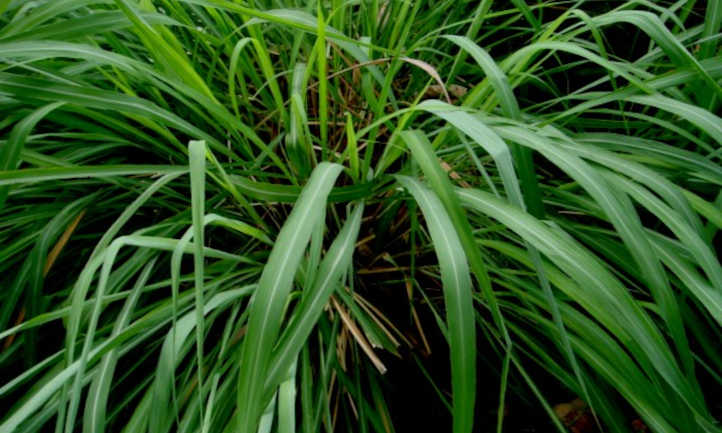

| Frequent Establish | citronella plant, mosquito plant, citronella grass, geranium grass, and nardus grass |
| Scientific Establish | Cymbopogon nardus, Cymbopogon winterianus |
| Family | Poaceae |
| Peak & Unfold | 6ft x 4ft |
| Delicate | Full photo voltaic to partial shade |
| Soil | Loam |
| Water | Fixed widespread watering |
| Pests & Sicknesses | Leaf blight |
All About The Citronella Plant
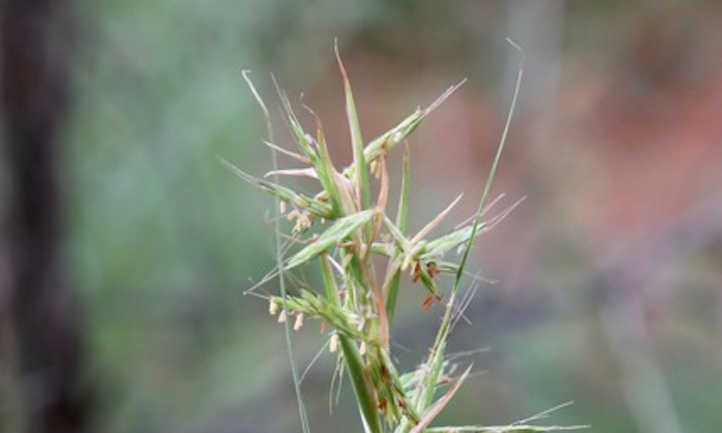

For individuals who uncover a plant at yard amenities or giant subject retailers with the botanical establish Cymbopogon nardus or Cymbopogon winterianus then you definately undoubtedly may very well be assured you may need discovered the commonly recognized citronella plant, additionally referred to as citronella grass, geranium grass, mosquito plant, and nardus grass. It comes from the plant family Poaceae. This grass plant is an upright tufted grass with lance-shaped bluish-green leaves sprouting from prolonged brownish-red erect stems and rising to 3-4 ft prolonged (90-120cm).
Citronella grass is an aromatic evergreen perennial, native to Sri Lanka nonetheless frequent in most warm-temperate, subtropical and tropical areas of Asia and Africa. In cooler climates, citronella crops are grown as annuals and launched indoors over winter. It’s intently related to lemon grass.
When optimum conditions are met for rising, the citronella plant will produce panicles of flowers on spikelets borne on prolonged flowering stems protruding as a lot as 6ft from the center of the plant. These flowers will readily self-seed nonetheless require fixed temperatures of between 20-22 C to germinate. Seeds are mild brown, dry, and typical of grasses/cereals. Crops grown in cooler climates are a lot much less extra more likely to produce viable flowers.
Mosquito crops will unfold naturally by the use of creeping underground rhizomes and would possibly develop to be significantly invasive of their pure tropical native climate with its vigorous rising habits, out-competing present flora and cultivated crops.
This grass is usually grown in a summer time season border or in window packing containers for its insect repellent properties. Many gardeners think about that the citrus aroma of crops is ample to repel mosquitos like bug zappers nonetheless sadly this is not true. It is the oil contained all through the leaves that is utilized in mosquito repellents, however it absolutely ought to be extracted first by the use of the strategy of distillation. For individuals who merely crush the leaves by hand you may launch some oil, nonetheless not ample for repelling mosquitoes. Nonetheless, some gardeners swear that crushing and rubbing the leaves on their pores and pores and skin is probably going one of many pure strategies to make use of a mosquito repellent, and that citronella scent is also worthwhile in retaining a variety of mosquitoes away while you’re working throughout the yard! Best to pair them with bug zappers for best outcomes.
The extracted vital oil of citronella mosquito crops has a robust lemony fragrance often used to perfume cosmetics, soaps, deodorants, and pores and pores and skin lotions notably used as mosquito repellents. Citronella candles and oil burners are used at night as mosquito repellent. The anti-bacterial and anti-fungal nature of the oil makes it glorious for cleaning and disinfecting merchandise. Warning ought for use when using these merchandise. Inhaling the oil vapors may trigger an allergic response in some people and citronella oil might also irritate delicate pores and pores and skin. The citronella plant is not going to be edible, in distinction to its shut cousin Cymbopogon citratus, typically generally called lemon grass.
You in all probability have bought a ‘citronella plant’ with lacy foliage and a citrus scent, then it is virtually actually you may need lemon-scented geranium, sometimes referred to as the citronella geranium, which is unquestionably part of the geranium family. The lacy leaves scent very similar to this grass, nonetheless the leaves do not comprise the insect repellent citronella oil and resulting from this truth are ineffective at retaining these pesky mosquitoes from biting. Sadly, members of the geranium family is also beautiful crops to your yard amongst totally different flowers, nonetheless their lacy leaves merely don’t repel mosquitoes successfully!
Planting Citronella Plant
Mosquito plant may very well be planted all yr lengthy if grown in tropical, subtropical, or warmth temperate climates. The vigorously rising mosquito plant acquired’t take prolonged to determine. In cooler climates wait until late spring to early summer time season sooner than planting out into the yard.
Choose a location in full photo voltaic with some partial shade on the most popular part of the day for mosquito plant. Leaves can develop to be merely scorched and look ugly. This grass is adaptable to most soil varieties, nonetheless the mosquito plant prefers moist loam-based soil that is well-draining.
Rising mosquito crops from seed is not going to be advisable as germination may very well be erratic. The vigorous progress and rhizomatic roots make it a fundamental candidate for propagation from division.
Citronella grass is right for rising as potted crops as a result of it allows you to switch crops into a variety of areas to suit your needs. It is attainable you may should put cash into larger pots as your container crops outgrow smaller containers, or simply divide the plant and replant a division within the similar container and share the others with fellow gardeners. Container rising mosquito plant is an efficient risk for colder zones as a result of it permits your plant to be merely moved indoors over winter to protect them from frost.
Citronella Plant Care
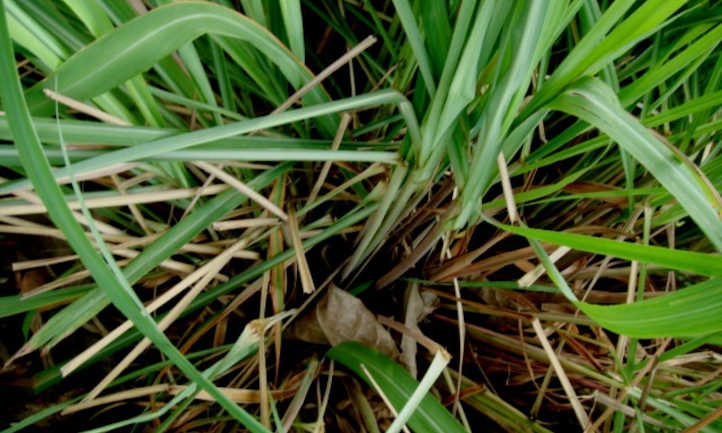

This grass is native to the tropics. Nonetheless, it’s vitally adaptable to cooler climates when you perceive easy methods to maintain it. Let’s discuss mosquito crops, data you’ll should know to take care of them, and sustaining their lovely foliage in your yard!
Photo voltaic and Temperature
Citronella is primarily a sub-tropical grass with a alternative for full photo voltaic (at least six hours) and warmth temperatures. In extraordinarily widespread climates current shade or filtered daylight by way of the most popular time of the day to forestall the leaves from scorching, be sure it is going to get at least six hours of daylight. In areas with a lot much less heat, give the plant additional mild.
Don’t let this plant’s tropical origins put you off rising it in case you might be positioned north of the equator! Hardy to USDA zones 10-12, the citronella plant can tolerate temperatures all the best way right down to 32ºF (0ºC) nonetheless just isn’t going to tolerate prolonged intervals of frost. Carry your citronella indoors in big pots when the first frost is forecast.
Water and Humidity
Current prolonged deep drinks when the soil begins to dry out or current irrigation by the use of soaker/drip hoses to maintain fixed moisture. This grass prefers persistently moist soil nonetheless surprisingly can tolerate prolonged intervals of drought. Reduce watering by way of the winter months nonetheless confirm repeatedly to ensure crops have not absolutely dried out, notably these grown in containers. A soaker hose or totally different sort of drip irrigation on the bottom of the plant might be utilized to help in watering your yard.
Soil
For optimum outcomes develop citronella in a rich loam-based, free-draining soil or compost. Citronella could also be very adaptive to most soil varieties and as quickly as established will do successfully. The place soils are very poor, dig in some pure matter sooner than planting to supply nutritional vitamins and to help with moisture retention. Soil pH should be neutral, and successfully drained soils are best.
Fertilizing
Fertilize citronella yearly in spring with an excellent top quality slow-release nitrogen-rich fertilizer. In case your plant is attempting considerably lackluster, then a quick feed with a liquid nitrogen fertilizer or all aim plant meals should convey it once more to healthful rising habits. Together with a main inch of compost a number of instances a yr throughout the bottom of your plant will even work in lieu of fertilizers or all aim plant meals.
Pruning
Citronella crops require little or no pruning when grown of their pure ambiance. At most, possibly they’ll revenue from the odd trim of brown leaves and deadheading every few weeks to forestall self-seeding. Crops grown in containers in cooler climates will revenue from a tricky prune to 6 inches (15cm) above the crown sooner than bringing them proper right into a sheltered house or indoors over winter. New shoots will appear in spring ready for going once more outdoor.
Propagation
This grass is unlikely to develop viable seeds till grown in optimum native climate conditions. Even with viable seeds, germination is erratic. The precept sort of propagation for citronella crops is thru division. The vigorous rising nature of citronella lends itself utterly for division to take care of plant measurement beneath administration. It’s moreover an efficient option to preserve container-grown crops in confirm.
Divide a healthful plant that is at least 2-3 years outdated and has developed an excellent root system. Dig up the entire plant and using a seen, spade or knife divide the plant into as many divisions you require. Pot each division up individually or replant into new positions throughout the yard. Water successfully until crops are established. If using this method, guarantee there’s ample time for the model new mosquito crops to develop to be well-established sooner than the first frost.
Root cuttings are one other alternative when you occur to don’t wish to dig up an entire plant. Root cuttings should be taken in winter when crops are dormant and their roots are nutrient-rich, thus giving cuttings top-of-the-line chance to develop. Merely take away soil from the underside of the plant until roots are seen and decrease off 2-3 inches of root with a transparent pair of snips. Place the slicing proper right into a pot of compost and place someplace vivid and warmth, retaining the compost moist. Shoots ought to look in early spring.
Troubleshooting
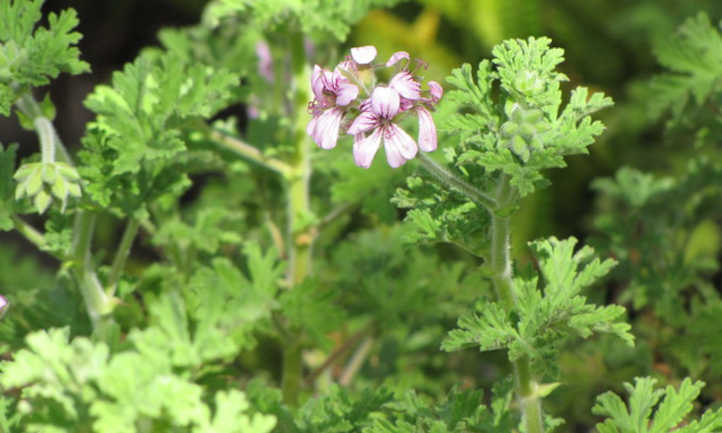

Citronella is a straightforward plant to maintain with few rising points. Listed beneath are a number of points to look out for merely in case. Determining these will assist you protect a healthful plant.
Rising Points
Your mosquito plant benefits from afternoon shade to protect the leaves from photo voltaic scorch by way of the most popular time of the day. The scorched leaves are ugly and the damage reduces the plant’s talent to photosynthesize thus lowering the plant’s common effectively being.
Moist toes might also be a problem for citronella crops. Although they like soil to be persistently moist, heavy moist soil will cut back the ability of the plant to take up nutritional vitamins from the soil and may set off crops to deteriorate. It may even set off root rot and the demise of the plant. Develop citronella grass in free-draining, loam-based soil to avoid this rising draw back.
Pests
This citronella tends to not be affected by pests.
Sicknesses
Commercially grown citronella may very well be matter to leaf blight. That’s notably prevalent in sub-tropical climates the place crops are grown densely to provide citronella oil. Lack of air circulation affords glorious conditions for blight to take preserve and may result in a reduction in every the quantity and top quality of oil extracted. Blight is way much less frequent in house gardens till crops are allowed to develop to be very congested. Indicators of blight are darkish spots or lesions on leaves from which necrosis begins to rot the leaves. Take away and destroy affected leaves immediately. Divide congested crops every few years and take away ineffective or dying foliage to reinforce air circulation. Copper fungicides is also useful to help forestall blight.
Ceaselessly Requested Questions
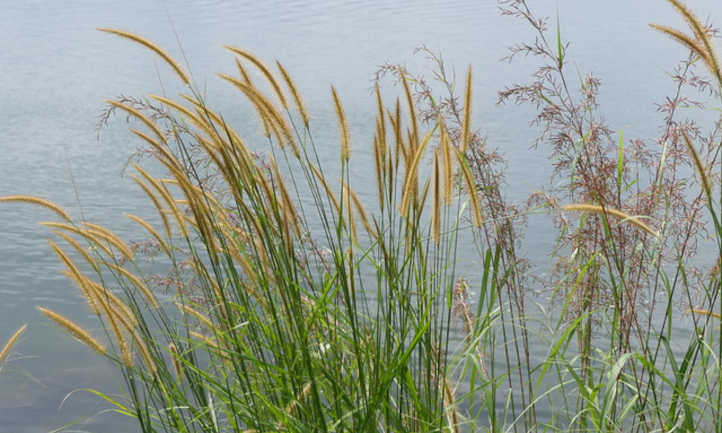

Q: Do citronella crops really protect mosquitoes away?
A: The oil extracted from the leaves of citronella crops has some pure mosquito repellent qualities when utilized in candles, lotions, and oil burners. The crops of their pure sort do not help in repelling mosquitoes.
Q: Does citronella plant like photo voltaic or shade?
A: Citronella plant likes to develop in a vivid sunny spot, nonetheless will revenue from some shade on the most popular part of the day to protect leaves from scorch.
Q: Is citronella an excellent houseplant?
A: Citronella is often confused with the citronella geranium or scented geraniums (Pelargonium citrosum, sometimes referred to as Citrosa geranium), which have a lemony scent and make great houseplants. Sadly, the citronella geranium does not repel mosquitoes. True citronella crops are big grasses rising as a lot as 6ft tall and 4ft giant and are unsuitable for a lot of indoor progress for very prolonged. It does make for a beautiful patio plant as most people have enough room on their patio for an even bigger species.
[ad_2]
Provide hyperlink